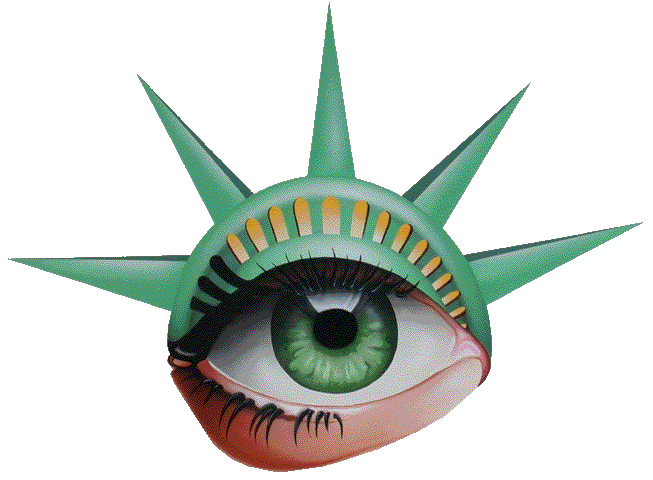Understanding eye prescriptions can be confusing, especially when encountering terms like “plano.” If you’ve seen this on your prescription, you might be wondering what it means. In this article, we’ll delve deep into the meaning of plano for sphere on eye prescriptions, and provide all the relevant details you need to understand this term.
What Does Plano Mean?
“Plano” is a term used in eye prescriptions to indicate that there is no refractive error in the spherical component of the lens prescription. Essentially, it means that the eye does not need any correction for nearsightedness (myopia) or farsightedness (hyperopia) in that specific area.
Key Points:
- Plano means no correction needed.
- Indicates zero spherical power.
- Commonly found in eye prescriptions.
The Sphere Component
The sphere (SPH) component of an eye prescription refers to the amount of lens power needed to correct nearsightedness or farsightedness. This measurement is given in diopters (D). A positive (+) sign indicates farsightedness, while a negative (-) sign indicates nearsightedness.
Plano in Sphere
When “plano” is used for the sphere component, it means the spherical correction required is zero. The eye has neither significant nearsightedness nor farsightedness.
Detailed on Plano in Sphere
| Term | Meaning |
|---|---|
| Plano | No correction needed for spherical errors |
| Spherical (SPH) | Part of the prescription indicating correction for myopia/hyperopia |
| Diopters (D) | Unit of measurement for lens power |
| Myopia | Nearsightedness (negative diopters) |
| Hyperopia | Farsightedness (positive diopters) |
Understanding Eye Prescriptions
An eye prescription typically includes several components: sphere (SPH), cylinder (CYL), and axis. Let’s break down each part:
- Sphere (SPH): Corrects myopia or hyperopia.
- Cylinder (CYL): Corrects astigmatism.
- Axis: Indicates the orientation of astigmatism correction.
Example Prescription
An example prescription might look like this:
| Eye | Sphere (SPH) | Cylinder (CYL) | Axis |
|---|---|---|---|
| Right | -2.00 | -0.75 | 180 |
| Left | Plano | -1.25 | 90 |
In this example, the left eye does not require spherical correction, indicated by “plano.”
Detailed Questions and Answers
How is astigmatism indicated in a prescription?
Astigmatism is indicated by the cylinder (CYL) and axis components of an eye prescription. A prescription with plano for sphere can still have values for CYL and axis if astigmatism correction is needed.
Is it dangerous to move your eye during LASIK?
During LASIK, advanced technology ensures safety even if your eye moves slightly. Modern LASIK systems track eye movements in real-time to adjust the laser accordingly, maintaining precision and safety. Learn more about what happens if you move your eye during LASIK
How long does a LASIK consultation take?
A LASIK consultation involves a comprehensive eye exam to determine if you are a suitable candidate for the procedure. It includes tests to measure corneal thickness, pupil size, and refractive errors. A typical LASIK consultation can take about 1-2 hours. It includes discussions about your vision goals and a thorough explanation of the procedure. Find out how long a LASIK consultation takes
What causes eye floaters?
Eye floaters are tiny spots or threads that drift through your field of vision. They are usually harmless but can be annoying. Eye floaters are caused by changes in the vitreous, the gel-like substance inside your eye. They are more common with age but can also result from eye injuries or inflammation. Discover more about what causes eye floaters
Conclusion
Understanding what plano means for the sphere on an eye prescription is crucial for anyone wearing corrective lenses. Plano indicates that no spherical correction is needed, simplifying the prescription. However, it’s essential to have regular eye exams to ensure your prescription is accurate and up-to-date.
At Liberty Laser Eye Center, we provide comprehensive eye care services, including LASIK consultations, to help you achieve the best vision possible. If you have questions about your eye prescription or are considering LASIK, don’t hesitate to contact us.
For more information on eye conditions and treatments, visit our website and explore our extensive resources.


